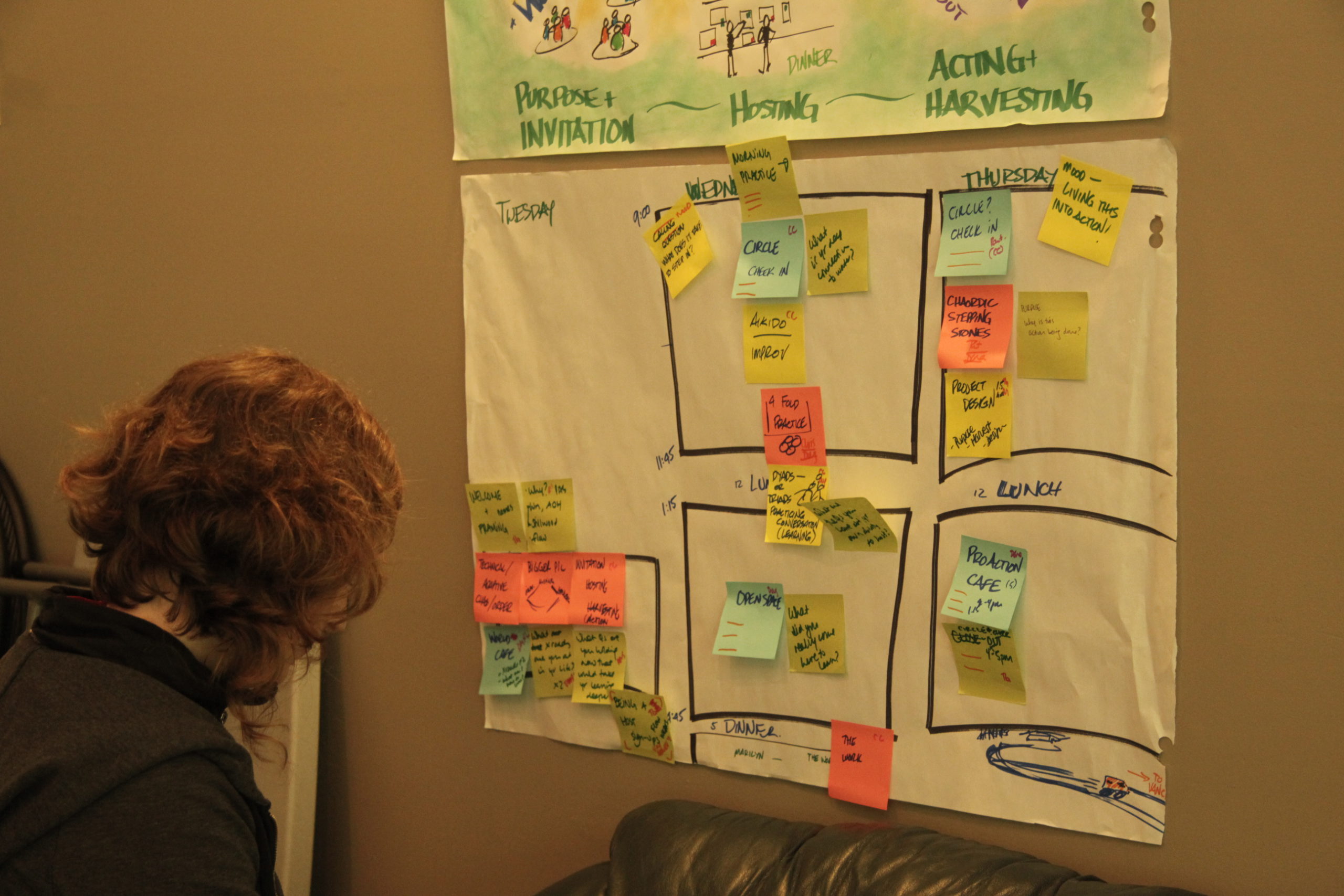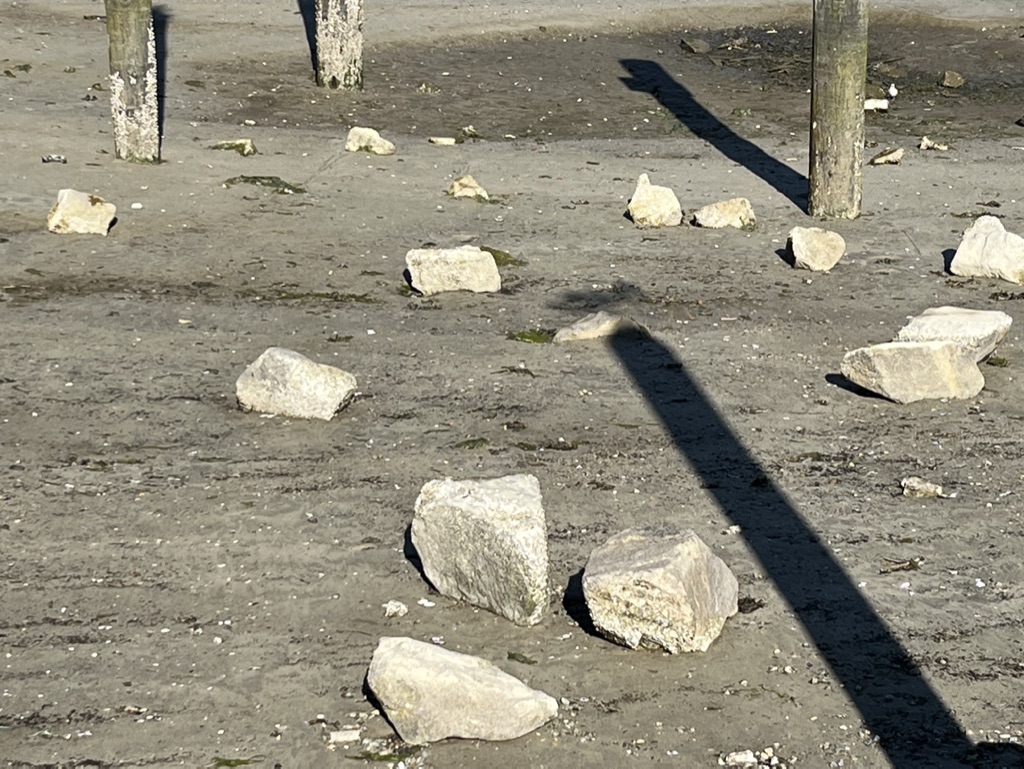
Today, I was working with a client designing a one-day conference for their members. As always, my focus was on the chaordic stepping stones as a way to design, which defers decisions about structure, agenda and logistics until after we have focused the groundwork of the event. Participatory events are not highly engaging without tapping into the group’s urgent necessity and a clear sense of purpose for the gathering. From that point, design becomes easier, and invitation becomes alive. Today, we focused on necessity and purpose. I kicked us off by asking, “What is happening that makes this gathering important? …
Share:

My Epiphone Emperor Joe Pass guitar upon which I am learning…leadership? Read on! It’s a cliche as old as time, one I have been guilty of using occasionally too. Leadership is like jazz, where the members of an ensemble support each other in improvisation. We listen carefully, respond to what each other is doing, offer creative responses and make something amazing together. Yes. Leadership is way more about improvisation than, say, following a step to step guide to assembling IKEA furniture. But there is another set of metaphors from jazz that I have never seen talked about, perhaps because it …
Share:

My friend Marcus Jenal published his latest weekly newsletter in which he muses over a few questions related to complexity, strategy and taking a stance. He doesn’t have a comments section enabled on his blog (hint! hint!) so I’m going to respond a bit to what he wrote here and we can have a conversation in this space. Too often, I fall into the trap of questioning every new insight I have and asking myself if that insight goes deep enough. Every insight is still biased through my cultural coding, my upbringing, my context, etc. Yet by the very nature …
Share:

Lots of good stuff coming through the pipe lately. Here are some links for your attention: AI is running our lives and we need to find ways to deal with it. A conversation with LamDa, an artificial intelligence, and the implications of this transcript. The stuff seems like science fiction, but so much of our lives are starting to be mediated through AI bots. We are heading for a reckoning with our ethics, and I’m not entirely sure that the folks with their hands on the technology levers of power are equipped for the job. Make philosophy and ethics a …
Share:

This quote from Richard Rohr, is one of the core principles of the Center for Action and Contemplation. Humans tend to live themselves into new ways of thinking more than think themselves into new ways of living. It is also good complexity praxis, good leadership practice and good pedagogy. I was on a coaching call this morning where this came up too, listening to a team I am working with describe the trap we often find ourselves in as consultants, tempted to provide the new things a group should be doing, often in the form of recommendations or lists of …

